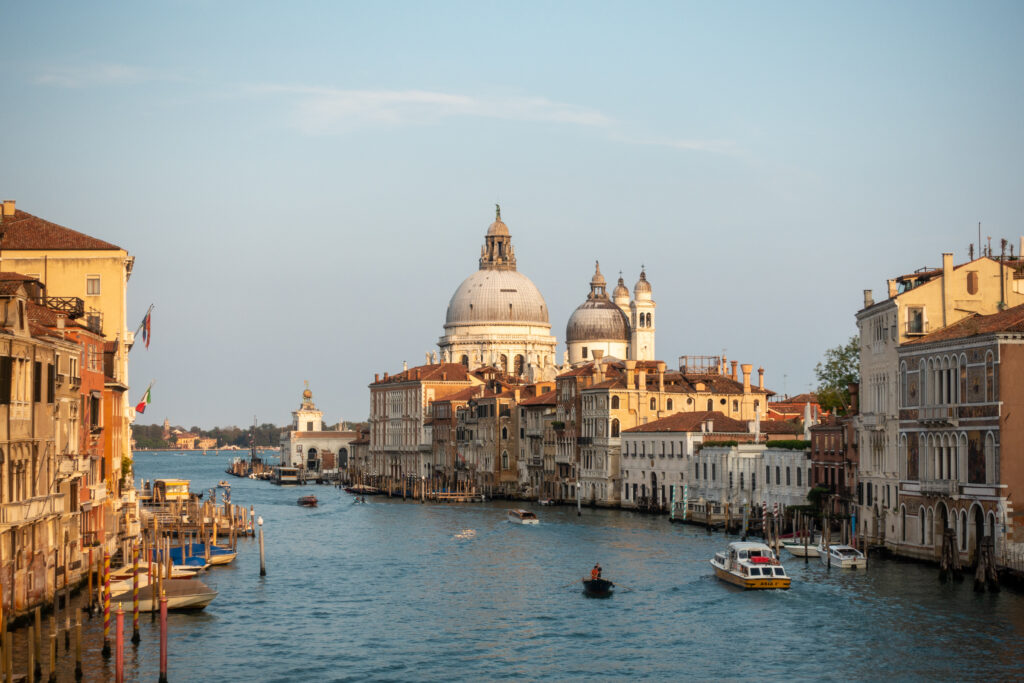Posted on 01st December, 2021
In My Bottom Drawer
This is a transcript of a podcast I wrote for the Royal Literary Fund

I started my first novel when I was in my mid-twenties. I quit my job as a newspaper reporter and got the train to Venice where the book was going to be set. I’d visited the city as a student and spent the intervening years mulling over a novel about a group of fictional musicians who played in a café orchestra in St Mark’s Square. Now it was time to actually write the story.
I found a cheap pensione in one of the more obscure quarters of the city. My room had the feel and dimensions of a former boxroom – just wide enough for a single bed with a window at one end that looked out over a narrow canal onto the brick wall of the adjoining building. I’d brought a portable typewriter with me in my rucksack which I set up on the tiny table and settled down to write. My mornings I devoted to work, my afternoons to wandering around the city making notes about locations or going to Italian lessons at the Dante Alighieri School.
After three months, with the novel a quarter written, I started to run out of money and realised I needed to find a job. Venice – so atmospheric and relatively tranquil in the late winter with the mists rolling in off the lagoon – was now starting to fill up with visitors and was much less attractive. My poky, claustrophobic little room was also beginning to get me down. I needed a change of scenery so I got the train to Rome where I thought I might have a better chance of getting work – maybe in a hotel or bar. But when I got there, I discovered there was an English-language newspaper. Calling in on the editor, I got a few casual shifts as a sub-editor, then he offered me a full-time post which I accepted. I stayed for a year and in my spare time finished my novel.

Then I came back to Britain and tried to get it published, naïvely posting it off to publishers without realising that, whatever they claim, they never look at unsolicited submissions. It was turned down by all of them, but I kept on writing: novels about the 1956 Hungarian Uprising, brutally suppressed by the Soviets; a satire about an intergalactic correspondent sent as a punishment to report on life on Earth; and three or four thrillers. All rejected by everyone until, finally, I got an agent and had a book accepted.
Are they any good, those sad, spurned novels mouldering away in my bottom drawer? I don’t know, but I’ve always stuck to the golden rule of never re-reading any of them. They will either depress me because they are so bad, or depress me because they are actually quite good and the wasted work and missed opportunity they represent would be too painful to bear.
